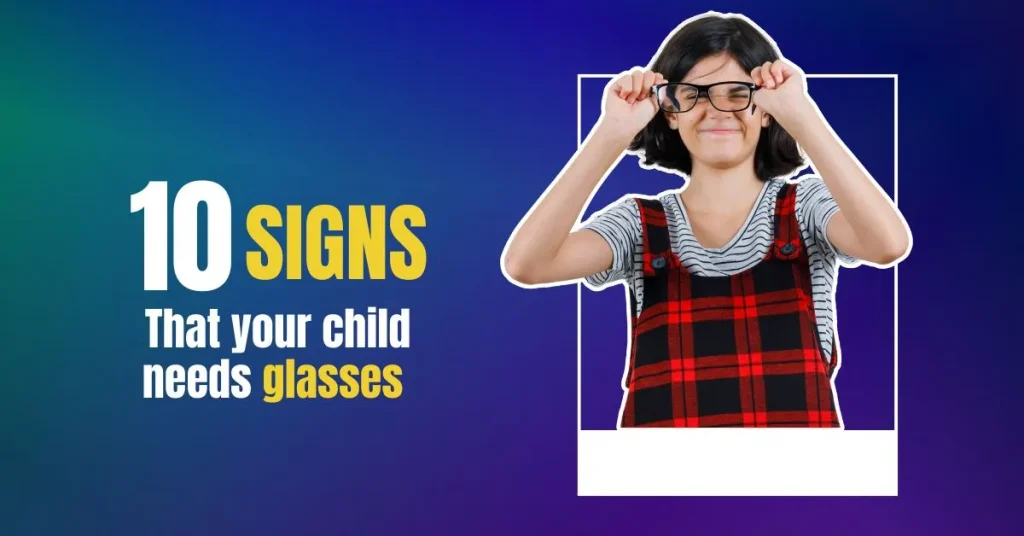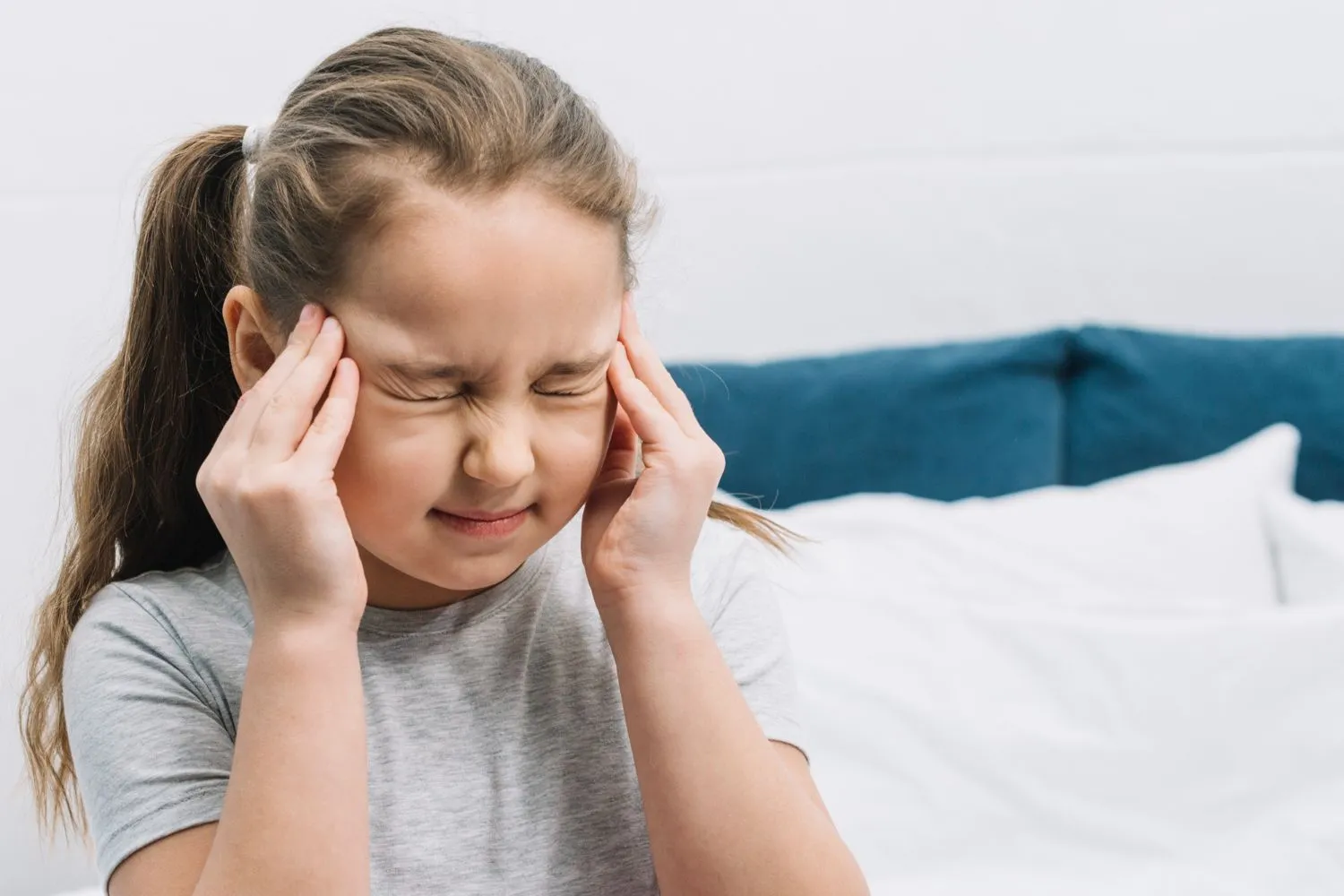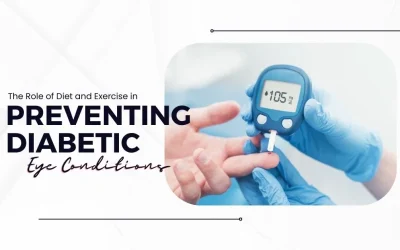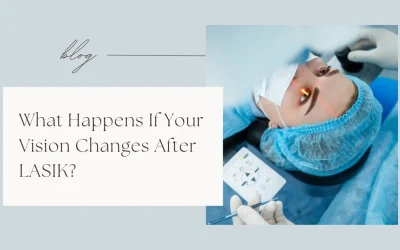10 Signs That Your Child Needs Glasses

Recognizing when a child needs glasses is crucial for their visual development and overall well-being. Children may not always express difficulty with their vision, so parents and caregivers need to be aware of the signs that could indicate the need for corrective eyewear. Early detection and intervention can significantly enhance a child’s academic performance, social interactions, and quality of life.
Here are ten signs that your child might need glasses:
1. Frequent Squinting
One of the most noticeable signs that a child might need glasses is frequent squinting. If your child squints to see objects clearly or to focus on the television or book, it may indicate that they are struggling with their vision. Squinting is a natural response to blurry vision as the child attempts to reduce the amount of light entering the eyes and improve clarity.
2. Frequent Complaints of Headaches

Children who experience regular headaches, particularly after reading or close-up work, may have underlying vision problems. Eye strain from attempting to focus on near or distant objects can lead to headaches. If your child frequently complains of headaches, it’s worth considering a vision assessment to determine if corrective lenses could alleviate the discomfort.
3. Difficulty Reading or Writing
Struggles with reading or writing can be a sign of vision issues. If your child consistently has trouble focusing on text, complains of words appearing blurry, or exhibits difficulty with spacing and alignment while writing, they might be experiencing visual problems. An eye exam can help determine if corrective lenses are needed to improve their reading and writing skills.
4. Holding Books or Screens Close to the Face
A child who holds books, tablets, or screens unusually close to their face may be doing so to compensate for poor vision. This behavior often indicates that the child is having trouble seeing clearly from a normal distance. If you notice your child consistently bringing objects close to their eyes, a vision check is advisable.
5. Poor Performance in School
A decline in academic performance can sometimes be linked to vision problems. If your child is struggling with schoolwork, particularly tasks that require visual attention, it might be due to uncorrected vision issues. Difficulty seeing the board, following along in books, or completing written assignments can all impact learning and performance.
6. Avoidance of Close Work
Children who avoid activities that involve close-up work, such as reading or drawing, may be doing so because it causes them visual discomfort. If your child consistently avoids these activities or complains of difficulty seeing up close, it may indicate that they need glasses.
7. Frequent Blinking or Rubbing of the Eyes
Frequent blinking or rubbing of the eyes can be a sign of eye strain or discomfort. If your child frequently rubs their eyes, especially after prolonged periods of visual activity, it may suggest that their vision is not clear. This habitual behaviour is often a response to the discomfort caused by poor eyesight.

8. Difficulty with Depth Perception
Challenges with depth perception, such as difficulty judging distances or navigating steps, can indicate vision problems. If your child has trouble with activities that require accurate depth perception, such as catching a ball or moving around obstacles, an eye exam may reveal issues that glasses could help correct.
9. Atypical Eye Movements
Abnormal eye movements, such as turning one eye inward or outward, can be a sign of strabismus or other visual disorders. If you notice that your child’s eyes do not appear to be aligned properly or if they have difficulty focusing both eyes on a single object, it is important to seek a professional evaluation.
10. Complaints of Blurry Vision
If your child directly complains about blurry vision, it is a clear indication that they might need glasses. Children may express this symptom differently, such as saying that things look “fuzzy” or “not clear.” This straightforward feedback should prompt an eye examination to determine the underlying cause.
Conclusion
Recognizing the signs that a child might need glasses is essential for their visual health and overall development. Frequent squinting, complaints of headaches, difficulty with reading or writing, and other symptoms listed above can be indicators of vision issues that require corrective lenses. Early intervention can make a significant difference in a child’s ability to learn, perform in school, and engage in daily activities. Regular eye exams and prompt action based on these signs can help ensure that your child’s vision is properly addressed and supported.
Book your appointment now for all eye-related services.
Your Vision Our Focus


